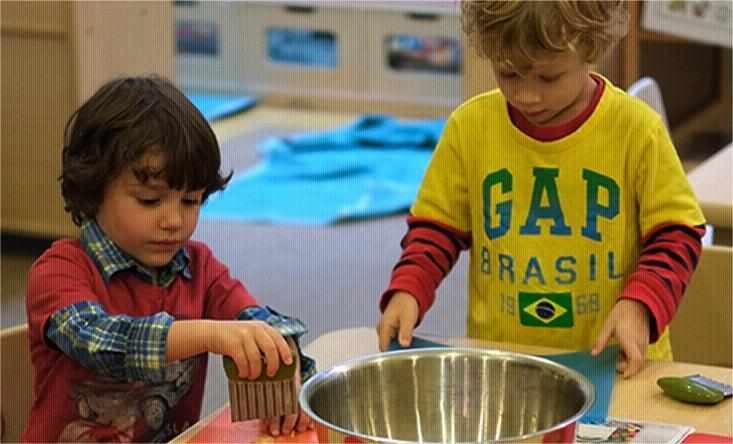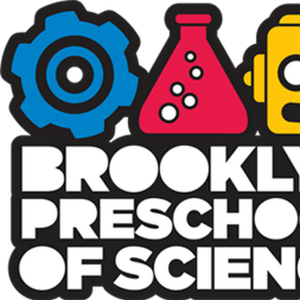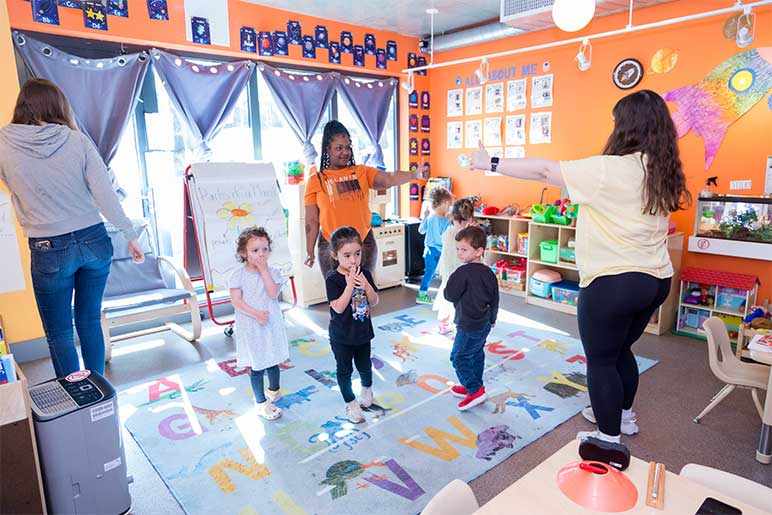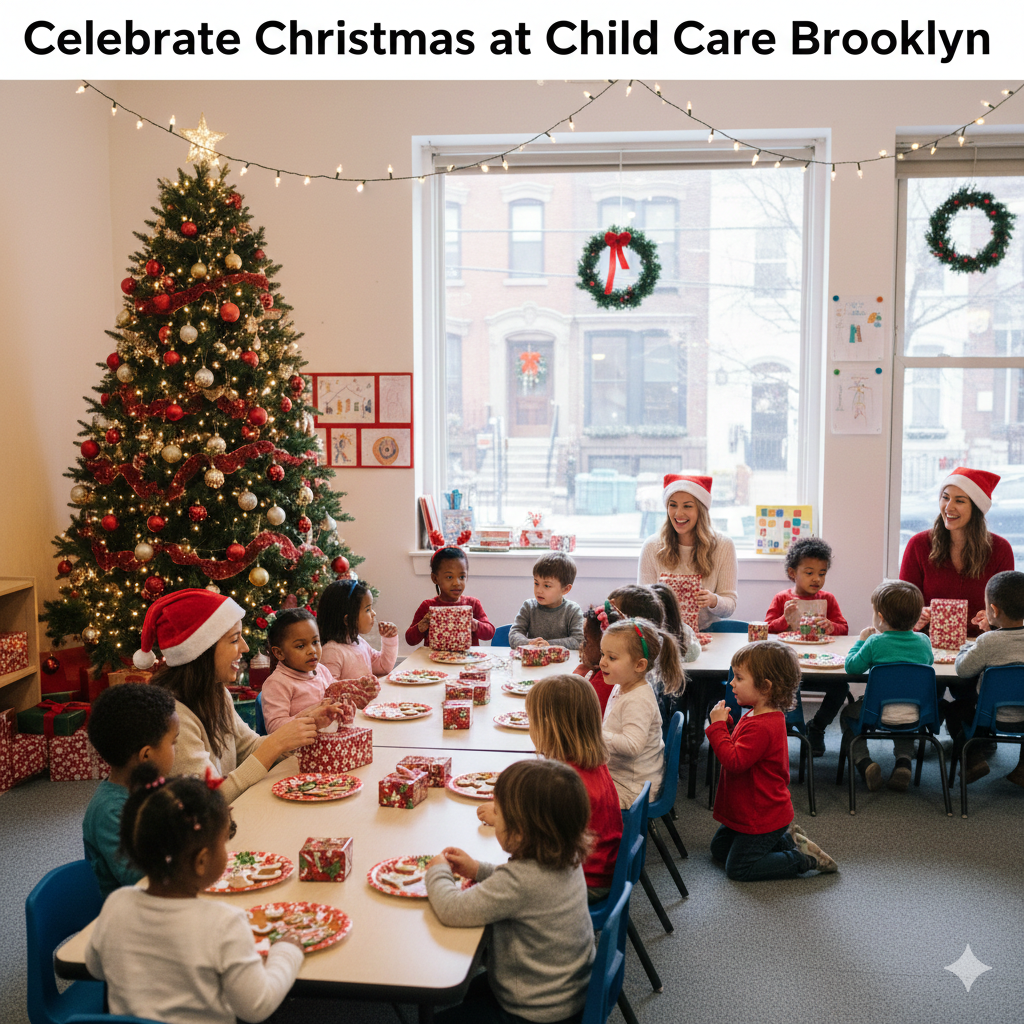
When it comes to early childhood education, parents in Brooklyn are fortunate to have access to some of the most progressive and innovative learning environments in the country. Among these, Park Slope Preschools in Brooklyn have earned a reputation for excellence, offering educational approaches that go far beyond traditional classroom settings. If you're exploring options for your little one, understanding what makes these schools special can help you make an informed decision.
The Philosophy Behind Park Slope's Educational Approach
Preschools Park Slope neighborhoods are known for embracing child-centered learning philosophies that prioritize curiosity, creativity, and individual development. Rather than focusing solely on academic readiness, these institutions understand that preschool years are crucial for social-emotional growth, physical development, and fostering a lifelong love of learning.
Many Park Slope Preschools in Brooklyn incorporate elements from various educational philosophies, including Reggio Emilia, Montessori, and play-based learning. This eclectic approach allows children to explore their interests while developing critical thinking skills in supportive, nurturing environments.
Innovation in Action: What Sets These Schools Apart
Hands-On, Experiential Learning
One of the hallmarks of innovative preschools in this area is their commitment to experiential education. Children don't just learn about nature from books—they explore local parks, plant gardens, and observe seasonal changes firsthand. Preschools Park Slope area often incorporate neighborhood resources, turning Brooklyn's streets, museums, and green spaces into extended classrooms.
Integration of Arts and Sciences
Creative expression is woven into daily activities at Park Slope Preschools in Brooklyn. Children might spend their morning mixing colors while learning about primary and secondary hues, then transition to a science activity exploring how plants grow. This integrated approach helps young learners make connections between different subjects naturally.
Technology and Traditional Play Balance
While maintaining a focus on hands-on play, many schools thoughtfully incorporate age-appropriate technology. This balanced approach prepares children for a digital world without sacrificing the developmental benefits of traditional play, building blocks, art materials, and outdoor exploration.
Community and Collaboration
Park Slope Preschools in Brooklyn often emphasize community involvement and collaborative learning. Parents aren't just drop-off chauffeurs—they're partners in their child's education. Many schools host family workshops, community events, and parent education sessions that strengthen the home-school connection.
The collaborative spirit extends to the classroom, where children learn to work together on projects, resolve conflicts peacefully, and appreciate diverse perspectives. These social skills are just as important as academic preparation for kindergarten success.
Neighboring Options: Prospect Heights Preschools
While Park Slope boasts exceptional options, families should also consider Prospect Heights Preschools when researching early childhood education. This adjacent neighborhood shares many of Park Slope's values while offering its own unique character and educational opportunities. The proximity means families can explore options in both neighborhoods, potentially finding the perfect fit just blocks away.
Prospect Heights Preschools often collaborate with Park Slope institutions on events and professional development, creating a rich educational community across both neighborhoods.
What Parents Should Look For
When visiting Preschools Park Slope area or surrounding neighborhoods, consider these innovative features:
Teacher Qualifications and Philosophy: Look for educators who are passionate about early childhood development and committed to ongoing professional learning. The best teachers view themselves as facilitators of discovery rather than simply instructors.
Flexible Curriculum: Innovative schools adapt their curriculum based on children's interests and developmental needs rather than following a rigid, predetermined schedule. This responsive approach keeps children engaged and motivated.
Outdoor Learning Spaces: Quality Park Slope Preschools in Brooklyn recognize the importance of outdoor play and learning, offering well-designed outdoor environments where children can take appropriate risks, explore nature, and develop gross motor skills.
Small Class Sizes: Individual attention matters enormously at this age. Look for schools that maintain low student-to-teacher ratios, ensuring each child receives personalized support.
Preparing for the Application Process
Competition for spots at top Preschools Park Slope area can be intense, so start your research early. Many schools begin accepting applications a year in advance. Schedule tours, ask thoughtful questions, and trust your instincts about which environment feels right for your child.
Conclusion
Park Slope Preschools in Brooklyn represent some of the finest examples of innovative early childhood education available today. By blending research-based pedagogies with creative, child-centered approaches, these institutions prepare young learners not just for kindergarten, but for a lifetime of curiosity and growth. Whether you choose a school in Park Slope, explore Prospect Heights Preschools, or consider other Brooklyn neighborhoods, prioritizing innovation and child development will serve your family well. Take time to visit multiple schools, observe classrooms in action, and find the community where your child will thrive.



Write a comment ...